The Supreme Court has asked the Information and Broadcasting Ministry to formulate an “effective” mechanism to regulate user-generated content (UGC), involving the screening of such content before they are made public.
The court noted that its directive is not meant to “throttle” users but to create a “sieve” so the legal gap is bridged in terms of accountability for content uploaded on online platforms.
A bench consisting of CJI Surya Kant and Justice Joymalya Bagchi said, “This is something very strange that I create my own platform and channel but there is no accountability. There must be a sense of responsibility attached to such content.”
The matter stemmed from a petition filed by podcaster Ranveer Gautam Allahbadia, who sought protection from several complaints linked to his vulgar comments on the YouTube show India’s Got Latent. In March, the court directed the Centre to issue guidelines for regulating obscene or undignified speech on such platforms.
What has the bench said?
The bench highlighted that content regulation is necessary in cases of “anti-national” posts that are meant to create unrest in society. “Right to freedom of speech is very important but a regulated right. It is not absolute as the First Amendment Rights in the US. Self-regulatory codes may not work in case of UGC. If anti-national content is uploaded on social media, by the time the govt notices it and orders its takedown, a day or two may pass, during which period it would go viral and cause damage to, or unrest in, society,” it said.
The court has also proposed an age-verification system linked with the Aadhaar card to ensure that minors are not exposed to explicit or sensitive content on social media platforms. It also questioned the relevance of the one-line disclaimer that viewers are shown before objectionable content starts playing.
“We will not approve of a mechanism that will gag expression of views or freedom of speech. We are on a reasonable preventive mechanism, not to throttle but sieve content on social media prior to uploading. AI provides enormous potential to curate content. Some content may be academic yet… scurrilous. Today there is a statutory vacuum in this regard which needs to be filled,” the court added.
The court noted that the guidelines would be implemented experimentally, and warned that if they are used to silence individuals, it would decline to grant final approval.
Quick Reads
View All““We may leave it to the government to frame the regulations but to have a preventive mechanism is not to throttle anyone but to have a sieve. Today, technology run with Artificial Intelligence has made users enormously powerful,” it said.


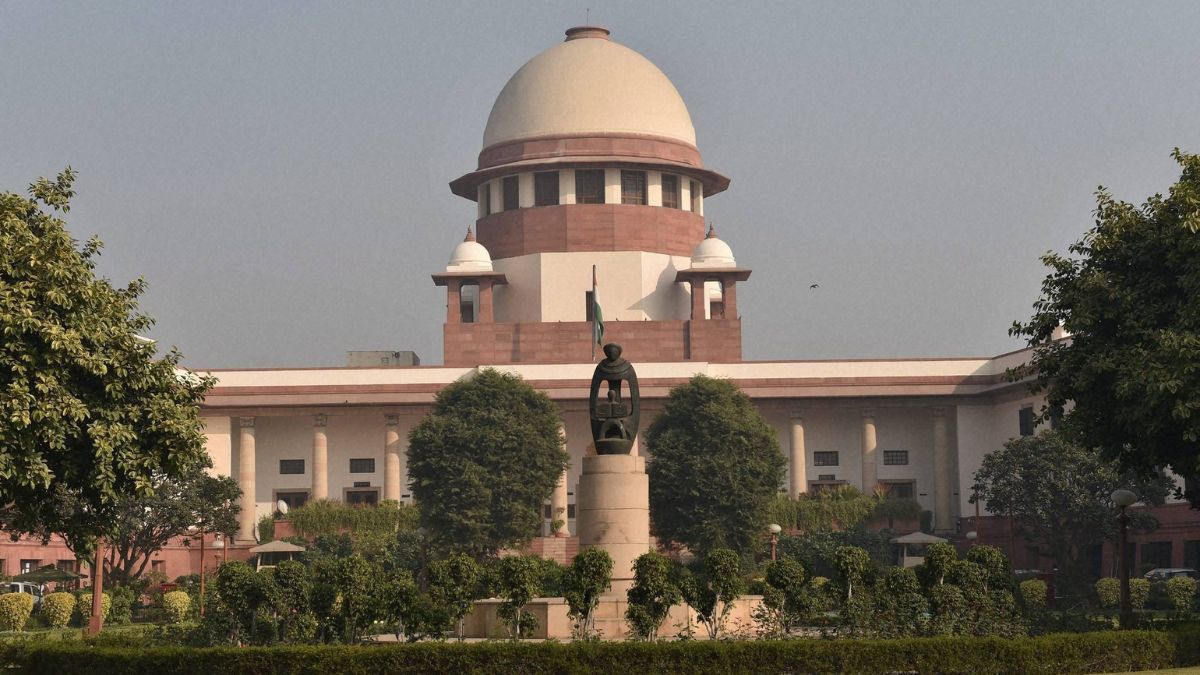)

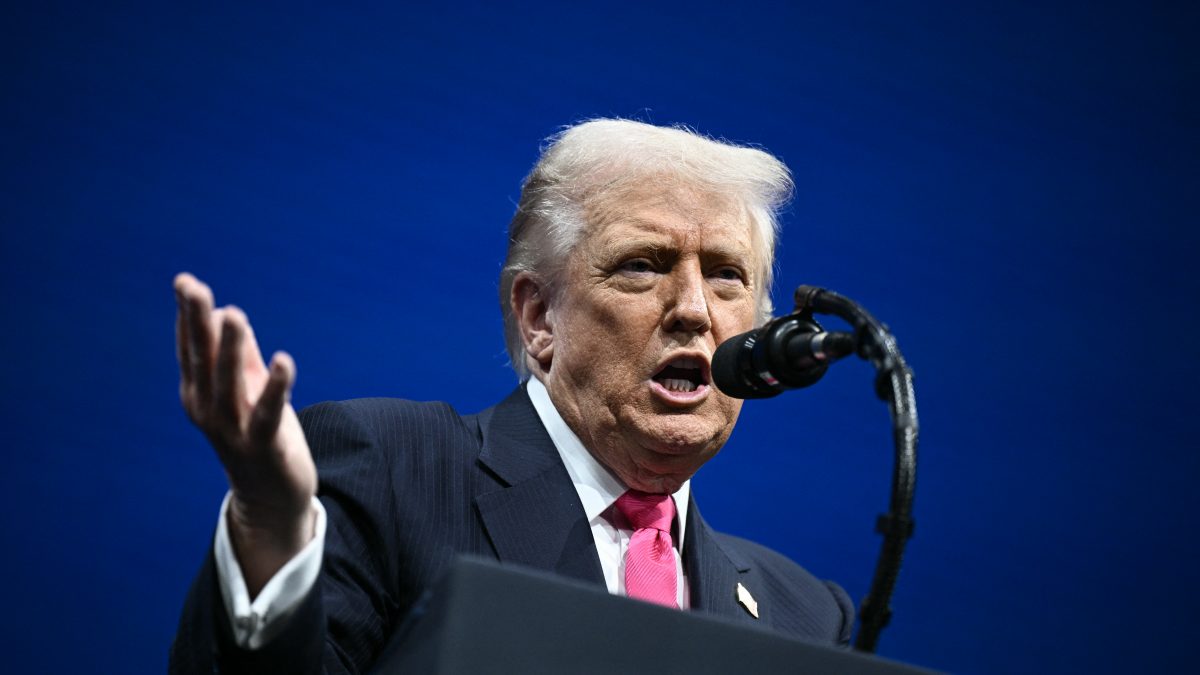)
)
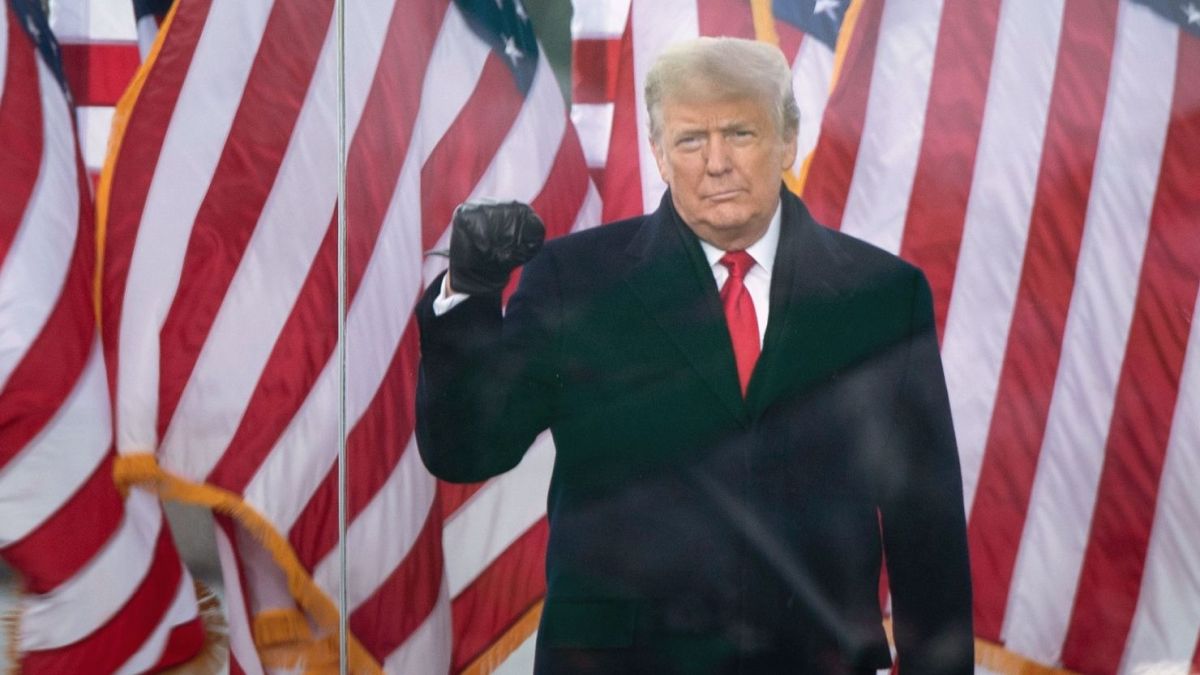)
)
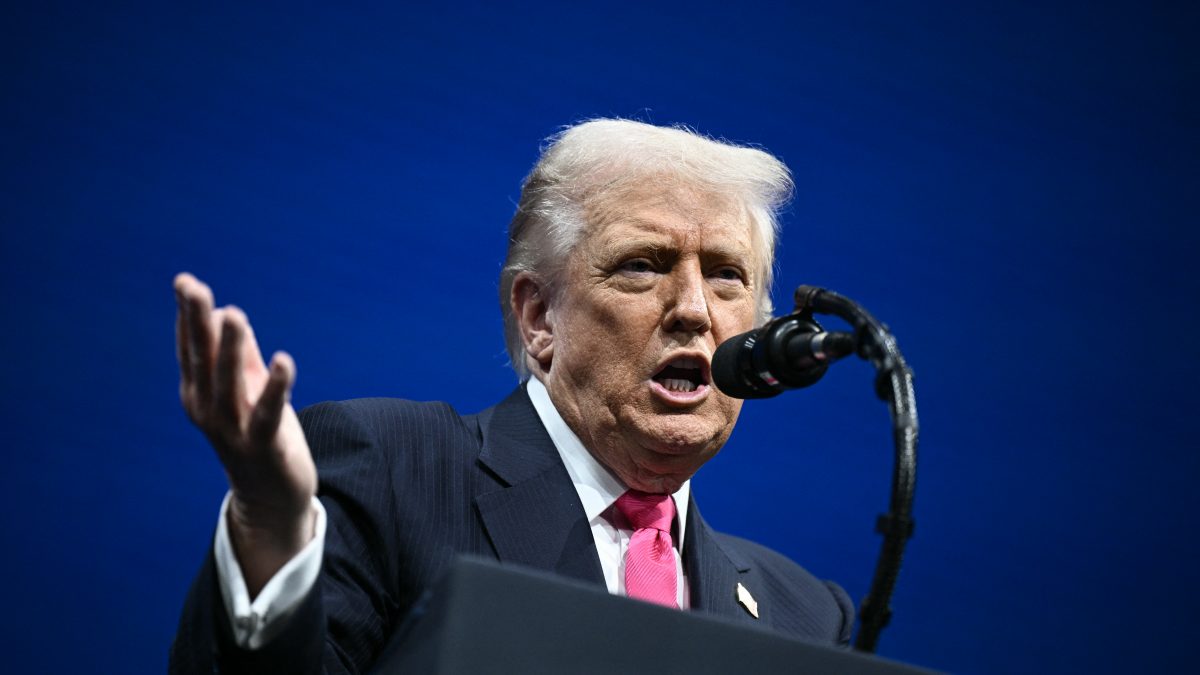)
)
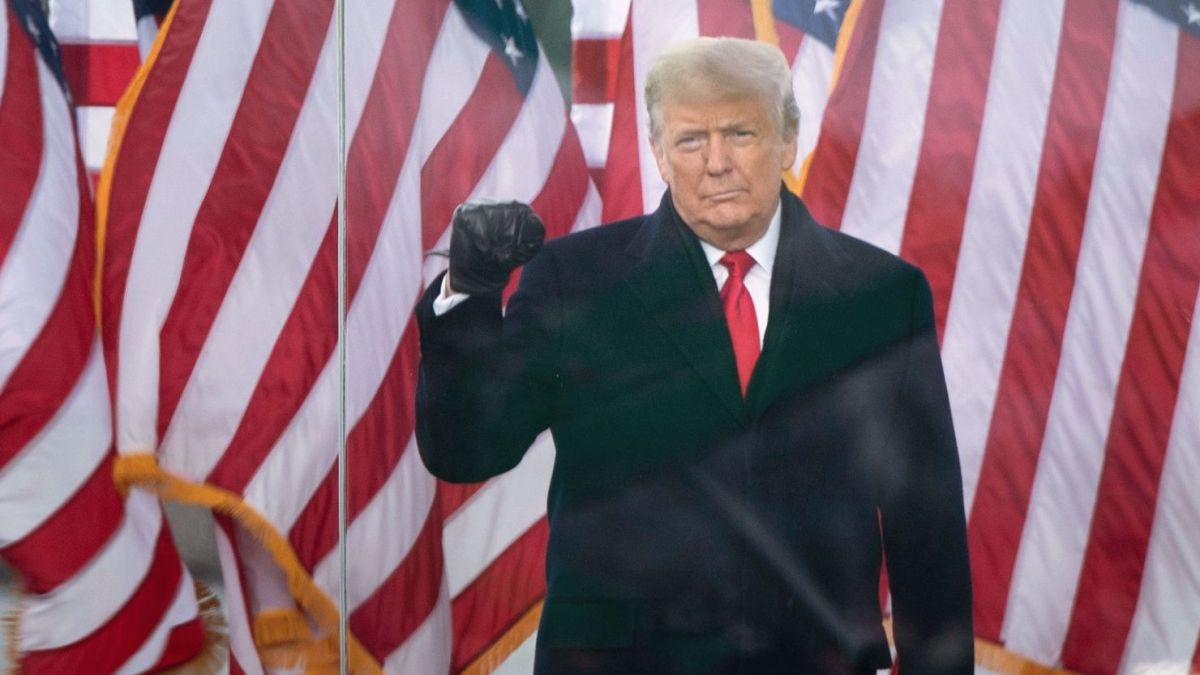)
)



